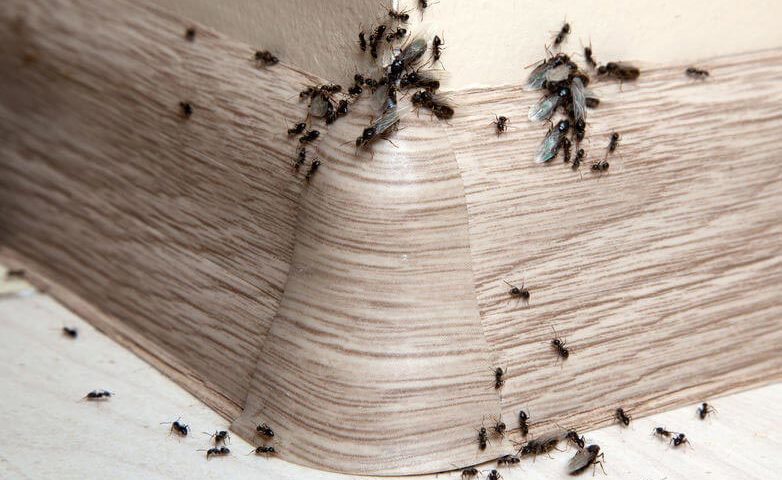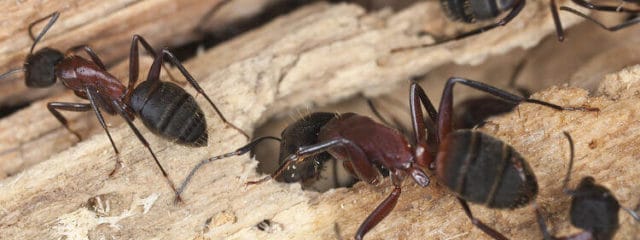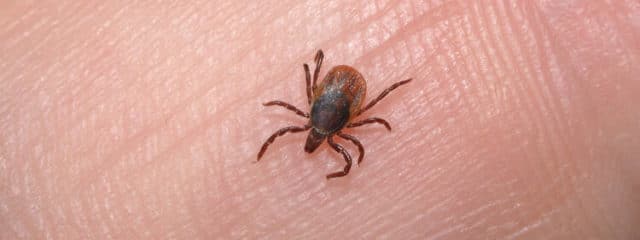Of all the pests you could find in your home, few are more unsettling than ants. These small but determined insects infest the deepest crevices of your house, making them extremely difficult to remove once they’ve gotten in. All pest ants are unpleasant, but odorous house ants are a particularly serious nuisance, as they can build huge populations and feed on everything in your home. As spring approaches, you need to prepare for an invasion by these and similar pests. Through a combination of prevention and remediation, you can keep these ants at bay and leave your house looking and smelling clean.
About Odorous House Ants
Odorous house ants are a species of ant indigenous to the United States. Compared to other types of ants, they are notable for their:
- Small Size- Odorous house ants are relatively small, with worker ants being roughly one-sixteenth to one-eighth of an inch in length.
- Shape & Color- Odorous house ants range from black to brown in color. They also have antennae that are divided into twelve different segments.
- Colony Commutes- Odorous house ant colonies, which range from a few hundred ants to as many as ten thousand, frequently move around. This makes it essential that you eradicate them as soon as you find them, as the colony might move to a different part of your house if you wait too long.
- Sweet but Foul Smell- These ants are most famous for the sweet but rancid smell that they emit. Homeowners tend to think they smell either like rotting coconuts or like some kind of strange pine tree. Odorous house ants are especially likely to release this odor when they are frightened and start to run around your home.
Odorous house ants can subsist on a wide variety of different foods but are especially likely to go after sweet food items from your home. They are active both at night and during the day, allowing them to spread quickly and find any food that you leave out. Only by acting quickly can you stop this spread and keep your house ant-free.
Types of Ant Control
As with many ants, prevention is the best form of pest control for these odorous insects. You can keep them out of your home by:
- Removing Avenues of Entry- Odorous house ants often climb over the branches of trees and shrubs to get into your home. You can prevent them from getting inside if you trim any such branches, especially if they are near windows, doors, or other areas where there tend to be small crevices that insects can use to enter.
- Fill in Gaps- Besides trimming branches that lead to crevices in your home, you should fill in those crevices as completely as possible. Invest in insulated windows, and make sure to insulate the frame around those windows as well. Likewise, try to plug up the space below your door. Not only will this keep ants out, but it has the added benefit of making your home climate control system more efficient and effective.
- Seal Off Food- Because odorous house ants eat such a wide variety of foods, you can’t take a chance on leaving that food exposed. Put as many things as possible in your fridge, freezer, or other storage unit that is completely cut off from the rest of your house. For foods that can’t be stored in cold places, seal them in jars, cans, or other tight, impenetrable equipment.
While these methods can reduce the frequency of odorous house ant infestations, there is still a risk that these pests could get into your home. When this happens, you may need to kill them with pesticides. These pesticides can be administered as baits, which the ants will consume and take back to their nests; as perimeter treatments, so they weaken ants that are trying to get inside or outside; or as nest treatments, to eliminate the ants at their source.
Why Call a Pest Control Professional?
Although it is possible to administer many of these methods on your own, it’s best to get a pest control professional to do it for you. Not only do professionals know how to administer treatments safely, but they can also distribute them more effectively. Pest control experts are trained to identify all odorous ant colonies and treat each of them, ensuring that no ants remain to multiply and re-infest your home.
Senske has the resources and expertise to end odorous ant infestations for good. To learn more about controlling these and other pests, contact us today!





